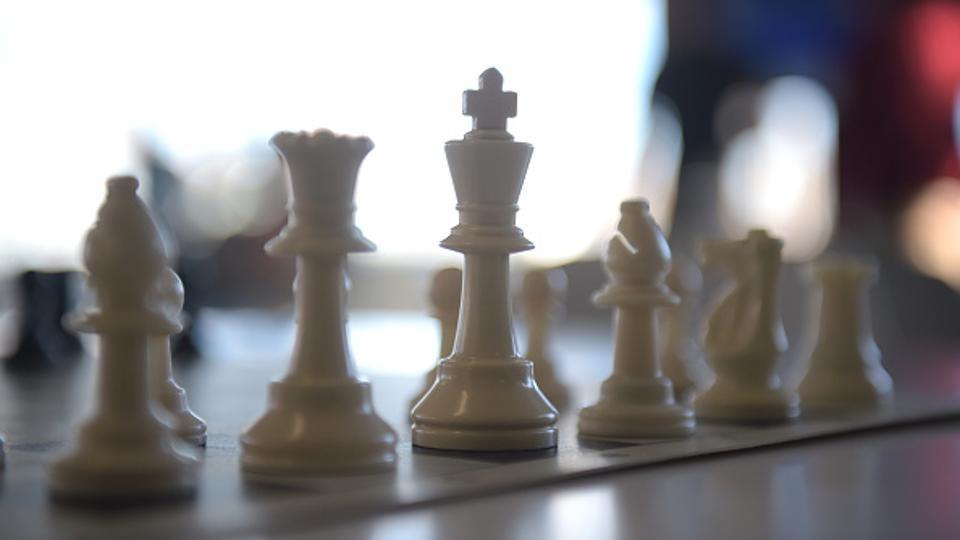
From myth to reality: Research proves that doping is possible in chess
Chess as a sport has not been affected by the menace of doping which has besmirched reputation of sports like athletics, weightlifting and wrestling. Though they depend more on their brain power than brawn, chess players still have to undergo dope tests during major tournaments.
FIDE, the sport’s world governing body, introduced dope testing in 1999 as it wanted chess to be part of Olympics and one of the requirements for that was to have regular dope testing.
FIDE’s decision was scorned upon by players as they considered drugs had no performance-enhancing effect in chess. But now there is proof that chess-playing ability of a person can be enhanced by drugs.
A landmark study published in European Neuropsychopharmacology, the official publication of the European College of Neuropsychopharmacology, has found that some drugs and stimulants do improve the chess playing ability of players, showing between 13-15 per cent improvement in their results.
Tests were conducted for two prescription drugs, methylphenidate, which is a central nervous system stimulant prescribed for the treatment of attention deficit disorder (ADD) and attention deficit hyperactivity disorder (ADHD), and modafinil, which is used to treat sleep disorder.
These medicines are easily available in India too and could be bought over-the-counter too.
The results of the study pose a problem for FIDE, which has till now been testing only for drugs that improve physical performance of players. There are currently no dope tests to detect use of such medicines.
In this study conducted by 13 professors and researchers from several German universities and the University of Stockholm, 39 male chess players received 2×200 mg modafinil, 2×20 mg methylphenidate, and 2×200 mg caffeine and played short, 15-minute games against a top chess programme, Fritz 12.
The study found that modafinil improved the players’ performances by an average of 15 per cent, methylphenidate by 13 per cent, and caffeine by around 9 per cent.
The idea behind the study was to see whether drugs can improve the abilities of someone with good chess proficiency, according to one of the researchers quoted in a report by worldchess.com, which is associated with Agon, a marketing firm associated with FIDE.
However, there was one side effect that a chess player has to be very cautious about — these drugs slowed down a player as many of those tested failed to complete their games in the allotted time limit.
It was felt that these drugs will have better impact in longer games, like classical chess which can last for as long as seven hours, and not shorter ones like rapid and blitz games.
Source: Hindustan Times
Link: http://www.hindustantimes.com/other-sports/from-myth-to-reality-research-proves-that-doping-is-possible-in-chess/story-DYXRLQsnW8e5yNfhKdEXbL.html